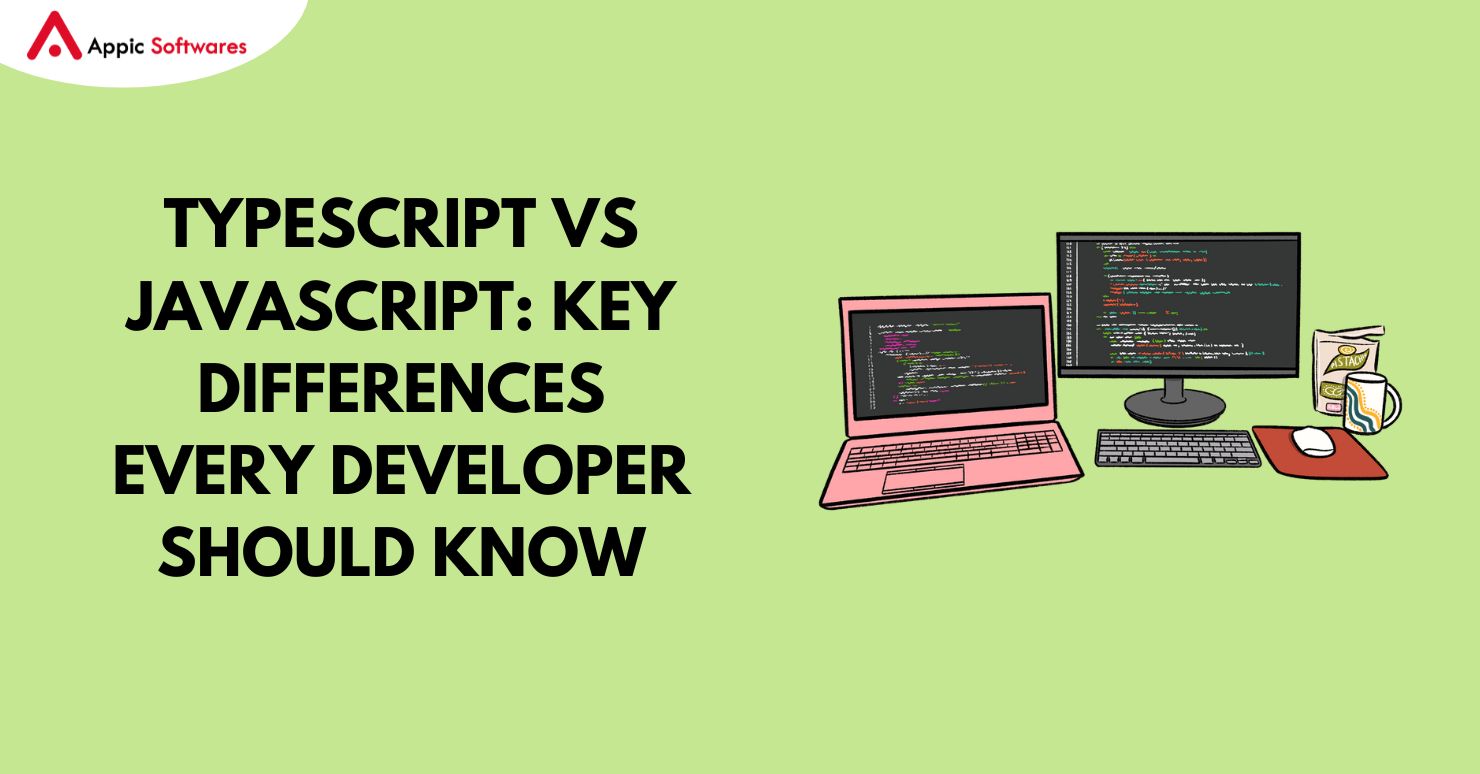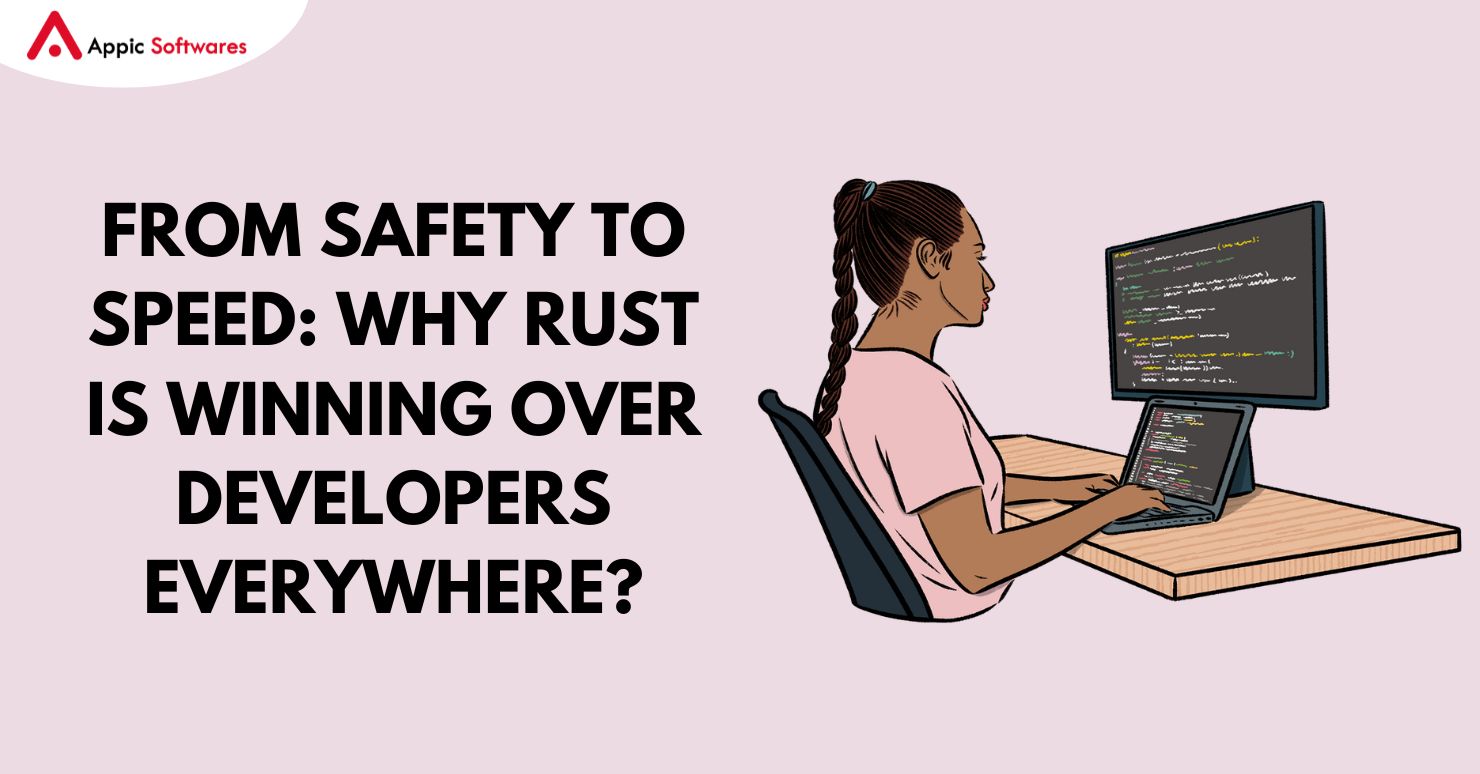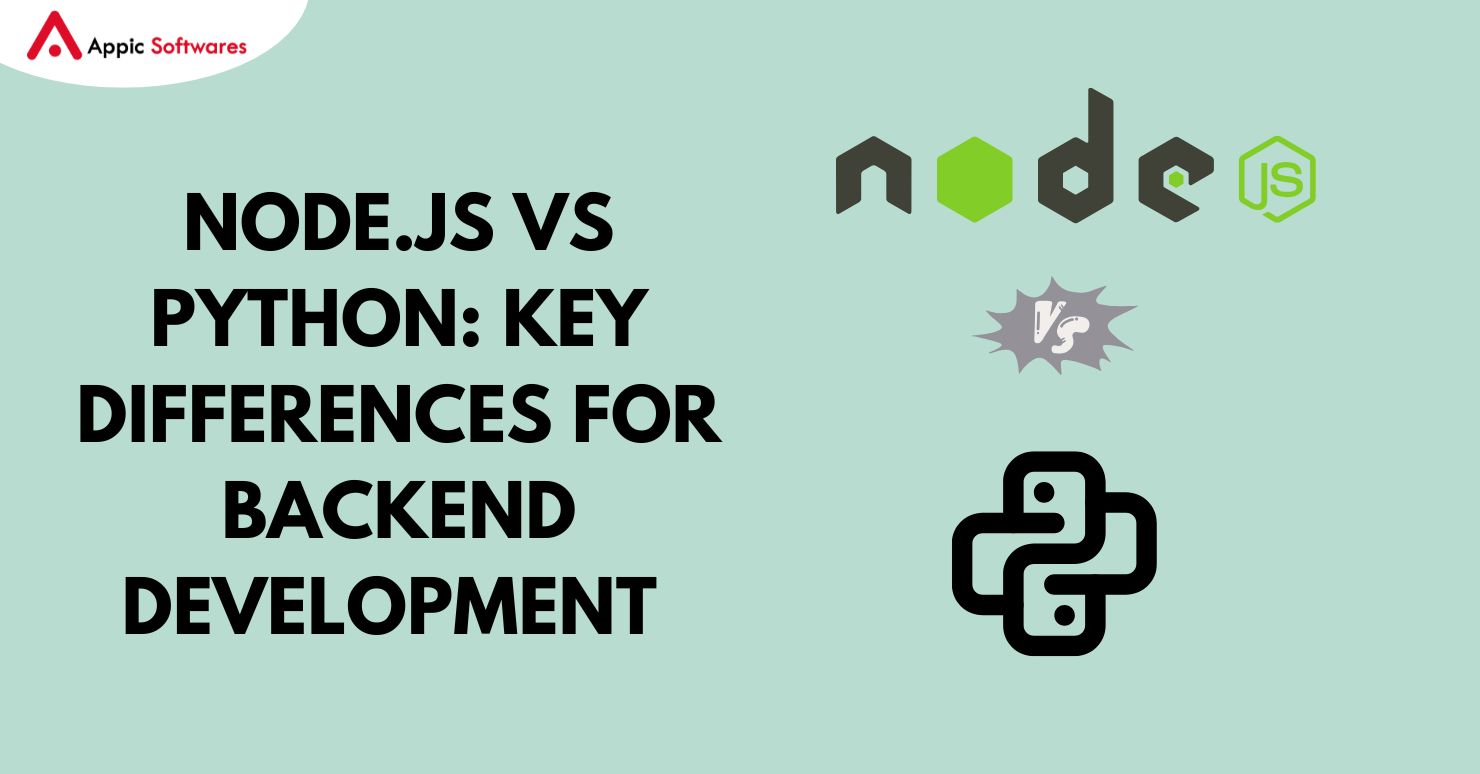
Engineers capable of working on both the front end and back end of a web application are known as full-stack software developers. The whole software application—from the user interface to the server-side logic, database interfaces, and APIs—must be developed, designed, and maintained by them.
Because they are very adaptable and beneficial to enterprises, full-stack software developers are in high demand. They can work on any area of the software stack. They can take on more responsibility, finish projects more quickly, and comprehend the system better, which facilitates improved teamwork and communication.
Furthermore, there is a growing demand for full-stack software engineers as businesses go toward digitalization and depend more on software tools to run their operations. They can thus create fully functional applications from the ground up, update and manage already-existing apps, and deal with a variety of technical issues that come up during the development process.
Because of their adaptability, capacity to oversee complete projects, and wide range of abilities that apply to a variety of software development activities, full-stack software developers are in great demand.
As appealing as it may sound, hiring the correct developer presents several important obstacles that businesses must overcome.
Finding The Correct Skills
A full-stack software engineer has to possess a broad variety of hard and soft skills to collaborate with others, communicate clearly, and oversee projects successfully.
The following are some essential abilities to search for in a full-stack software developer:
Hard Skills
Front-End Development
A full-stack developer should have a solid understanding of JavaScript, HTML, and CSS. They have to be able to produce user interfaces and responsive designs that are suitable for a variety of browsers and devices.
Back-End Development
Database management systems like MySQL or MongoDB, as well as server-side programming languages like PHP, Python, or Ruby on Rails, should be familiar to full-stack software engineers.
Development of API
Building RESTful APIs and integrating them with front-end interfaces, mobile apps, and other third-party applications should be within the capabilities of full-stack software engineers.
DevOps
Full-stack engineers must be conversant with setting up and maintaining web apps on cloud computing infrastructure like Microsoft Azure, Google Cloud, and AWS. They ought to be capable of automating the scaling, deployment, and testing of web applications.
Soft Skills
Working Together And Communicating
Strong communication abilities and the capacity to collaborate with designers, other developers, project managers, and clients are essential for full-stack software engineers.
Troubleshooting And Problem-Solving
The abilities of full-stack software developers should include problem analysis and solution, troubleshooting, and error root cause identification.
Flexibility And Ongoing Learning
Developers of full-stack software should feel at ease experimenting with new technologies and adjusting to shifting specifications. They have to be dedicated to their professional growth and ongoing education as well.
Evaluation Of Skills In A Field That Is Ever-Evolving
It can be difficult to evaluate a full-stack software developer’s abilities, especially in light of the web development industry’s fast-evolving technological and framework landscape. As new technologies and frameworks appear, developers must adjust and keep current on their abilities to be relevant.
The vast number of abilities needed for assessment makes this one of the most difficult tasks. A full-stack software engineer must possess a broad set of technical abilities, including knowledge of databases, cloud computing platforms, and front- and back-end programming.
The fact that web development frameworks and technologies are always changing presents another difficulty. Something innovative or popular a few years ago might not be relevant now. It implies that a full-stack developer must possess flexibility and be open to picking up new frameworks and technologies as they become available. Because of this, evaluating a candidate’s proficiency with a certain technology or framework might not be a reliable sign of their capacity to pick up and adjust to other ones.
To overcome these obstacles, it is crucial to find applicants who possess a strong foundation in the fundamental abilities needed for full-stack development, including database administration, server-side scripting, and front- and back-end programming.
Asking a candidate about their experience learning new technologies, how they keep up with industry trends, and how they approach problem-solving in complicated or unfamiliar circumstances may also help you evaluate their capacity to learn and adapt to new technologies.
Balancing Depth and Breadth
Full-stack software engineers are in charge of creating and managing a web application’s front-end user interface as well as its back-end database and server-side features. It calls for a distinct set of abilities that encompass both breadth and depth of knowledge.
The term “depth of knowledge” describes a developer’s proficiency in a certain field of development. A full-stack developer could, for instance, have extensive knowledge of a particular back-end language like Python or Java or a front-end framework like React or Angular. This breadth of knowledge enables the developer to address challenging issues in their field of expertise and produce effective, high-quality code.
On the other side, a developer’s capacity to work in several development domains is referred to as their breadth of knowledge. This indicates that a full-stack software engineer is knowledgeable about both front-end and back-end programming, as well as how to integrate various services and systems. Furthermore, a developer with a wide range of experience may examine the web application holistically and spot areas for optimization and enhancement.
Full-stack software engineers can build effective, high-quality code that is optimized for both performance and usability because they possess both depth and breadth of expertise. They can collaborate with other developers and project stakeholders as well as recognize and fix problems in many development domains.
Ensuring Cultural Fit
The degree to which a job candidate’s values, beliefs, work style, and personality mesh with those of the organization they are applying to join is known as their “cultural fit.” It is crucial to take into account throughout the recruiting process since workers who are pleased and involved in their work are more likely to fit in with the company’s culture, which improves performance, increases job satisfaction, and lowers turnover rates.
The following justifies the importance of cultural fit in the recruiting process:
Enhanced Intergroup Relations
Employees are more likely to interact successfully when they have comparable work styles and values. Better team dynamics and organizational results may result from it.
Enhanced contentment in work
Workers are more likely to be content with their jobs and dedicated to the company’s goals and values if they have a sense of connection and belonging with their coworkers and the organization.
Lower Rates Of Turnover
Employees who are content and enthusiastic about their employment are less likely to quit the company. It can help the company save time and money that would otherwise be used on hiring and onboarding new staff.
Improved Outcomes
Workers with a positive cultural fit are more likely to be engaged and driven, which improves output and performance.
Enhanced Contentment Among Clients
Employees are more likely to deliver excellent customer service and favorably represent the company when they are in line with the organization’s values and objectives.
It is crucial to remember that applicants with diverse origins or viewpoints shouldn’t be excluded from consideration because of their cultural fit. Instead, while keeping cultural fit a critical component of applicant evaluation, firms should work for diversity and inclusion in their recruiting practices.
Evaluation of Cultural Fit
Cultural fit can be challenging to assess because full-stack software engineers have diverse backgrounds and skill levels. Full-stack software developers may have different educational and professional backgrounds and experience in various development disciplines.
Assessing the cultural fit for full-stack software engineers presents the following difficulties:
Disparate Educational Experiences
A full-stack software developer may have studied computer science, engineering, or other relevant subjects in college. It may be challenging to determine whether their educational background aligns with the culture and values of the company.
Varying Degrees Of Expertise
Evaluating a full-stack software developer’s compatibility with the work style and values of the company can be difficult because of their varying degrees of experience and ability in different areas of development.
Various Preferences For Employment
Other job preferences that full-stack software engineers could have include working on long-term projects, working in a fast-paced workplace, or working individually or in collaboration. These job preferences might have an impact on their compatibility with the workplace culture and work style of the company.
Varied Ancestries
It might be difficult to determine whether full-stack software engineers align with the culture and values of the company since they may have diverse opinions and come from different cultural backgrounds.
Overcoming obstacles to guarantee cultural alignment
To address these issues, companies can assess full-stack software engineers’ cultural fit in a few ways:
Establish the organization’s culture and values clearly
Establishing the organization’s culture and values is essential before evaluating cultural fit. It can assist in determining the essential qualities and attributes required for full-stack software engineers to blend in with the team.
Use a variety of evaluations
Organizations can measure cultural fit via behavioral interviews, personality testing, and work style assessments. Finding out the candidate’s job preferences and personality traits and how well they fit the company’s culture and values may assist.
Look over your technical expertise
Full-stack software engineers need technical talents, but it’s also critical to assess their problem-solving, collaboration, and communication skills since these qualities can affect how well they fit with the organization’s values and culture.
Conclusion
Full-stack software engineers require many technical and non-technical skills, the technological environment is continually changing, and cultural fit is crucial, making recruitment and evaluation tough.
To overcome these challenges and find the finest full-stack development firm, work with a software development company with skilled experts.
Work with a reliable Full Stack software development Company like Appic Softwares to find a team of competent developers and other IT experts that can help businesses overcome these challenges and achieve their software development goals. Due to their expertise in several technologies and programming languages, Appic Softwares can help firms find and hire competent full-stack software developers and create custom software solutions to meet their needs.
So What Are You Waiting For?








